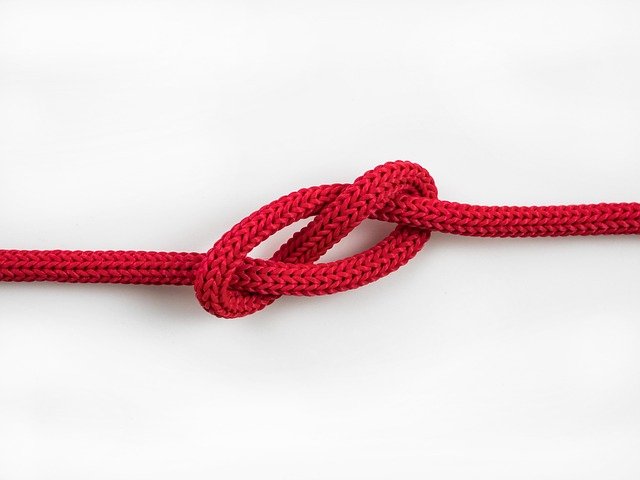A once-in-a-lifetime decision
When your baby is born, the umbilical cord is usually discarded. But inside that cord is blood rich in stem cells the building blocks of life that can be used to treat certain diseases. Banking cord blood means collecting and storing those cells for potential future use.
It sounds like science fiction, but for many families it’s a deeply personal choice. Here’s what Florida parents should know.
What is cord blood banking?
Cord blood banking involves collecting blood from the umbilical cord immediately after birth. The process is safe and painless for both parent and baby. The blood is then stored in a facility for potential future medical use.
There are two types of banking:
- Public banking → Donated cord blood is stored and may be used for anyone in need of a stem cell transplant.
- Private banking → Stored exclusively for your family’s use, often with yearly storage fees.
What conditions can it help treat?
Cord blood stem cells have been used in treating:
- Leukemia and other blood cancers
- Certain immune disorders
- Some genetic diseases
Research is ongoing into whether they may help with conditions like cerebral palsy, autism, or diabetes but these uses are not yet proven.
Pros & cons for parents to consider
Pros:
- Potential life-saving resource for your child or family
- Safe, painless collection
- Private banks guarantee availability if your family needs it
Cons:
- Private banking is costly ($1,500–$2,500 upfront + $100–$200/year storage)
- Low odds of ever needing the stored cells (some estimates suggest 1 in 2,500)
- Public donations may not guarantee access later if needed
Florida options
Families in Florida have access to both public and private banking:
- GeneCell International (Miami) → Private banking with advanced storage technology.
- LifeSouth Cord Blood Bank → Public bank serving Florida, with collection sites across the state.
- Cord for Life → National program serving Florida families for both public and private banking.
- Many OB/GYN practices in Miami, Broward, and Palm Beach also partner with private banks to provide collection kits.
Questions to ask before deciding
- Does my hospital support cord blood collection?
- Am I comfortable with the costs of private banking?
- Do I want my donation to potentially help other families (public banking)?
- What are my family’s medical histories and potential future needs?
A balanced takeaway
Cord blood banking is not a must-have for everyone. For some families, it’s peace of mind. For others, donating to a public bank feels like the right legacy. Either way, the choice is yours and it helps to make the decision before you head into labor.



